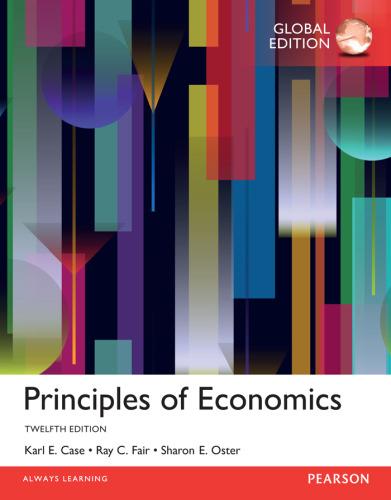1.1. given what you have read thus far, can you suggest a few factors that might impede...
Question:
1.1. given what you have read thus far, can you suggest a few factors that might impede intergenerational mobility? We have provided in the text statistics on income distribution, both within the United States and around the world. But many social scientists are equally concerned with mobility across the income distribution. Once poor, are you likely to ever move into the top 5 percent of the population? Born the son or daughter of someone in the bottom 20 percent of the distribution, how likely is it you will move into the top?
Studying these issues is not easy, and making comparisons across countries with different data def initions is especially hard. But a number of papers tell us more or less the same story: intergenerational mobility is diff icult.1 One of the best predictors of a young person’s future place in the income distribution is the place occupied by his or her parents. And there is some indication that mobility varies across countries. Despite a reputation as a land of opportunity, the United States has lower mobility than the Nordic countries or Canada. Indeed, recent work suggests that Canadian earnings mobility is three times that of the United States. Understanding why children seem to “inherit” their parents’ socioeconomic status is an important question for many social scientists and policy makers.
Step by Step Answer:

Principles Of Economics
ISBN: 9780802845610
12 Global Edition
Authors: Karl E. Case, Ray C. Fair, Sharon E. Oster






